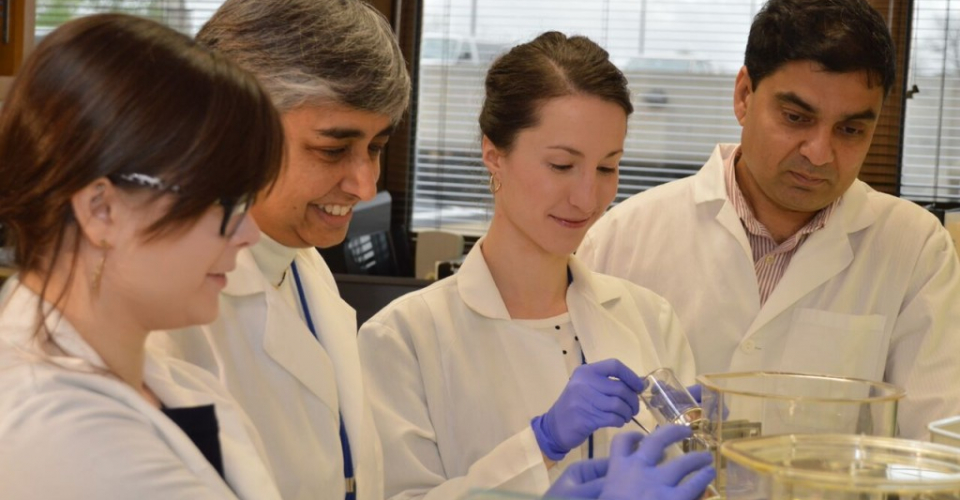Center investigators enjoy access to core services, pilot funding opportunities, grant and publication assistance, and opportunities for training, mentoring, and collaboration. Over 27 former new/early stage investigators have reached independence with ORDRCC support.
FOUR TYPES OF CENTER INVESTIGATORS
Established Center Investigators already have independent funding in rheumatic diseases research.
New Investigators are new to rheumatic diseases research, but have already established an independent research career.
Junior Center Investigators do not have prior significant independent research support, but have completed post-doctoral training and have established a significant publication/scientific track record.
Early-Stage Scholars are identified as promising recent doctoral graduates who are very early in their post-doctoral research or clinical training. Early-Stage Scholars be considered for additional mentoring and support as a Reichlin Scholar (for clinical researchers with MD or MD/PhD) or Capra Scholar (for basic science researchers with PhD or MD/PhD).
BECOMING A CENTER INVESTIGATOR
- The investigator is nominated from the ORDRCC External Advisory Committee, a Core Director, or your Section/Department Head
- The applicant provides an NIH style biosketch and letter of support from the nominator
- The External Advisory Committee selects applicants based on prior accomplishments, interest in rheumatic disease research, and potential for success as an independent scientist in rheumatic disease research
All researchers are welcome to attend our weekly seminar series and quarterly Expanding Rheumatic Disease Colloquium.
